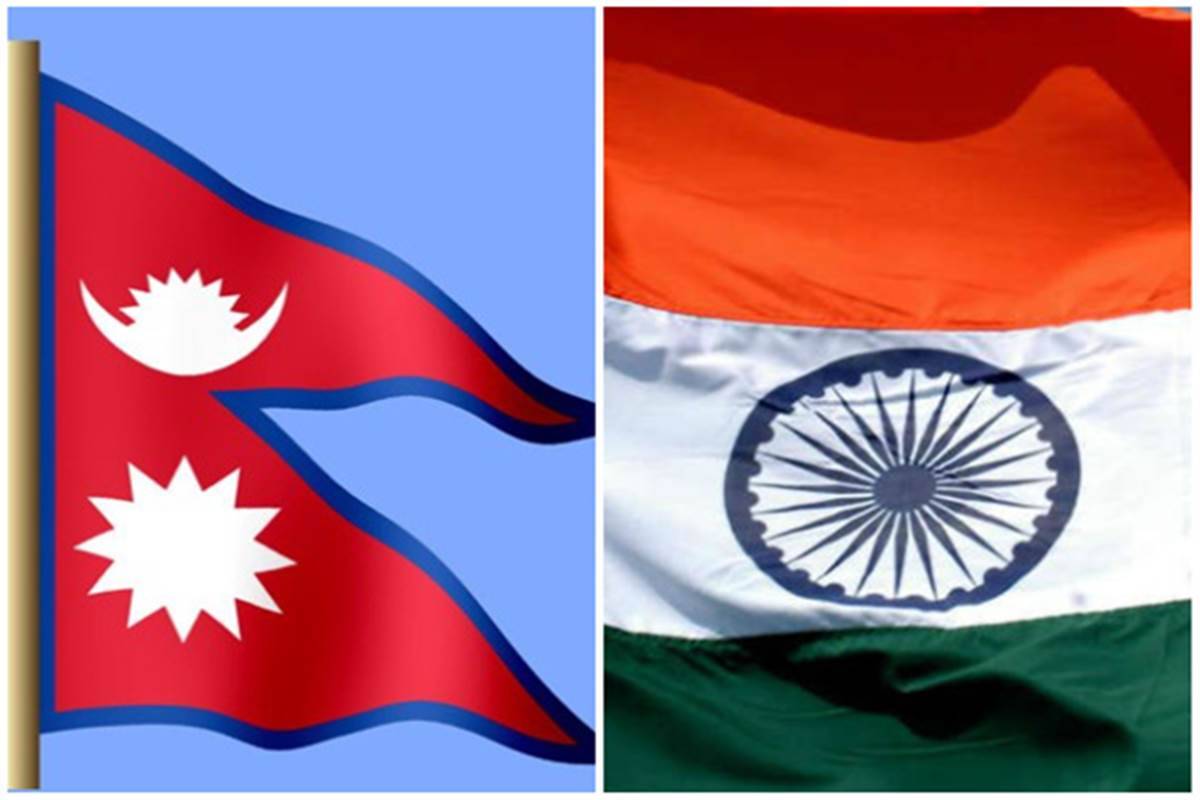After the boundary row of last year, there was peace in bilateral ties between Nepal and India. There were high-level meetings and contacts between the two sides. But that seems to be fading away now.
The presence of Indian SSB in a recent incident in which a Nepali national fell into Mahakali while crossing the river using a cable and went missing is likely to invite another round of a diplomatic row between Kathmandu and New Delhi.
Advertisement
Eyewitnesses and locals of the Darchula district of Nepal said one Jay Singh Dhami of Darchula district fell into the Mahakali River in July end after the Indian SSB removed the cable.
Then Nepal’s Ministry of Home Affairs formed a five-member investigation team led by Joint Secretary Janardan Gautam on August 1 to probe the matter. The Gautam-led panel on Tuesday evening submitted its report to the Home Minister Bal Krishna Khad stating that “it appears the incident took place in the presence of Indian security personnel” and recommended that the government take diplomatic initiatives to bring the perpetrator(s) to book.
On July 30, Jaya Singh Dhami, 33, from Khangdang Mal of Byas Rural Municipality-2 in Darchula fell into Mahakali while crossing the river using an improvised cable crossing, locally known as tuin.
Media reports based on eyewitness accounts suggested that a Sashastra Seema Bal (SSB) person had untangled the cable just when Dhami was about to reach the Indian side, across the river.
On July 30, Dhami was on his way to Kathmandu, the Capital, where he was supposed to complete some tasks before flying abroad as a migrant worker. Due to the lack of a road connecting his village and the district headquarters, he was left with no option but to take the risky means of crossing the raging Mahakali river.
After falling into the river, Dhami was swept away by the raging waters and his whereabouts remain unknown.
The Sher Bahadur Deuba government has been facing criticism over failing to make the report public and taking a position on Dhami’s disappearance.
The Gautam-led committee also urged the Nepal government to take the diplomatic initiative to provide justice to Dhami and his family.
The Deuba government has received widespread criticism for not taking up the matter with India. Even leaders from the ruling parties accused the government of covering up the incident and not taking up the matter with India.
Instead of making the report public, the government August 26 announced a compensation of Rs 1 million to Dhami’s family, attracting more criticism, as many considered it as an attempt to quell growing demands that Deuba takes a firm stand on the incident.
There were also concerns if the Deuba government was reluctant to make the report public so as not to antagonize India.
The probe panel submitted the report, exactly a month after the incident, but the government has not made the details public yet.
The panel, according to a statement issued by the Home Ministry, has recommended that the government make arrangements for the livelihood of Dhami’s family and the education of the children.
Nabin Singh Dhami, an eyewitness, had told Kathmandu Post, a leading English daily in Kathmandu on August 1 that Jaya had almost made it to the other side when he suddenly fell, along with the cable after it was detached from a tree on the Indian side, into the river.
Anand Swarup, then district magistrate of Pithoragarh, had written to his Nepali counterpart Siddha Raj Joshi, chief district officer of Darchula, on August 1, claiming that the Sashastra Seema Bal was not involved in the incident.
Darchula, however, is a region which Nepal’s political parties have used for their partisan interests and they consider it a strategic issue.
Kalapani, Limpiyadhura, and Lipulekh, which Nepal included in its new map published in May last year, fall in Darchula. The region is claimed by India as its own.











